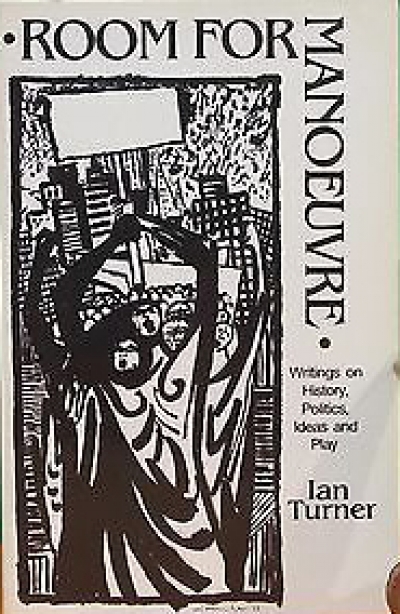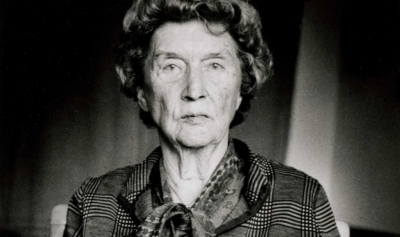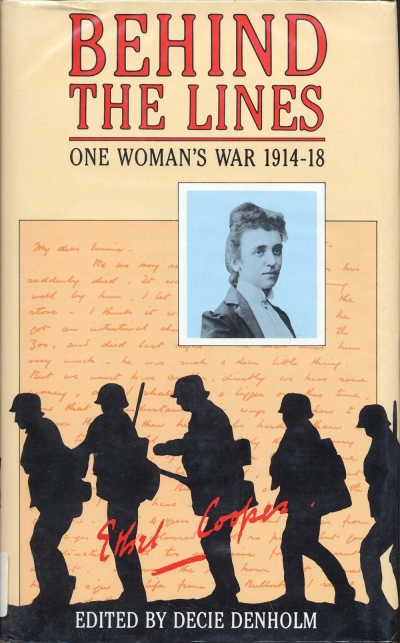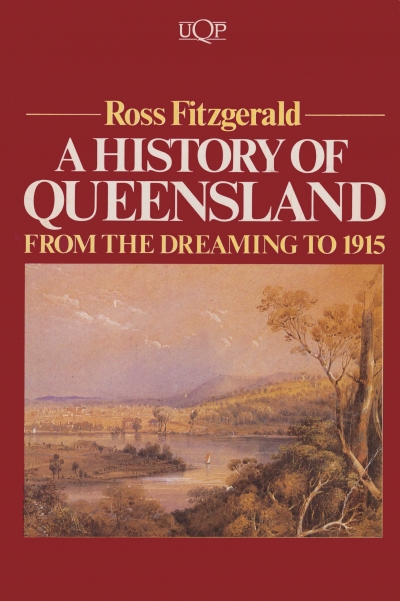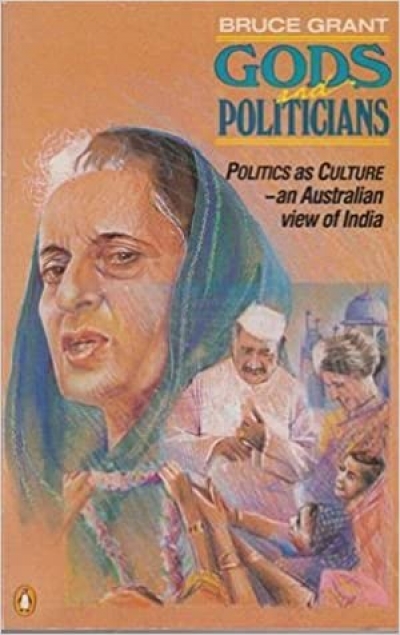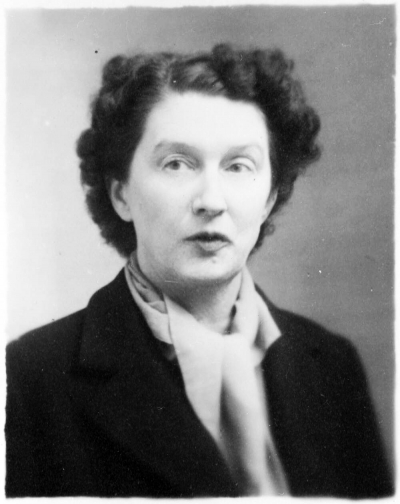Archive
Room for Manoeuvre: Writings on history, politics, ideas and play edited by Leonie Sandercock and Stephen Murray-Smith
Promoting a book north of Brisbane can be a wary business, especially if the author’s car carries a Canberra number plate.
In this most nationalistic of states, he must first establish his credentials as a Queenslander. In my own case, born at Boonah near Ipswich and with many years’ experience in the north, these were impeccable.
... (read more)A few Australian poems from J.J. Stable’s Anthology, A Bond of Poetry (‘The Man from Snowy River’, ‘Clancy of the Overflow’, ‘My Country’), Robbery Under Arms and For the Term of His Natural Life are, to my shame, practically all the Australian literature I can remember reading in my school days. My interest in Australian writers was stirred, really, by two events while an undergraduate at Sydney University. The first was two lectures given by H.M. Green, Fisher Librarian, on Christopher Brennan (an interest reinforced by the first performance at the State Conservatorium of Music in November 1940 of Five Songs – poems of Brennan set to music by Horace Keats). The second was a passing reference by Ian Maxwell in a splendid set of lectures in 1939 on three modem satirists (Butler, Shaw, Huxley) to Christina Stead’s House of All Nations. Maxwell was certainly up to date in his reading, as Christina Stead’s fiction was not at that time widely known in Australia and House of All Nations had been published only the year before. These two events made me realize that Australian writers were part of that great world of English literature which were studied at universities.
... (read more)Behind the Lines: One woman's war 1914–18: The Letters of Caroline Ethel Cooper edited by Decie Denholm
From the Dreaming to 1915: A history of Queensland by Ross Fitzgerald
With the reissue of The Beauties and Furies (1936) this month by the British feminist press Virago, virtually all of Christina Stead’s work is in print for the first time in the half century long career of this distinguished writer.
... (read more)


